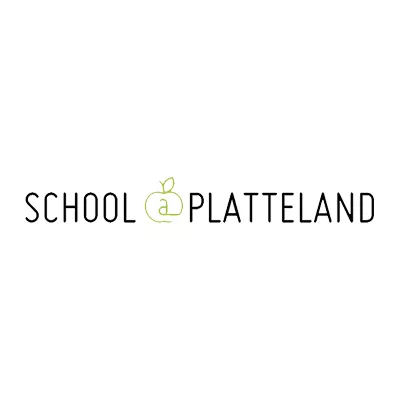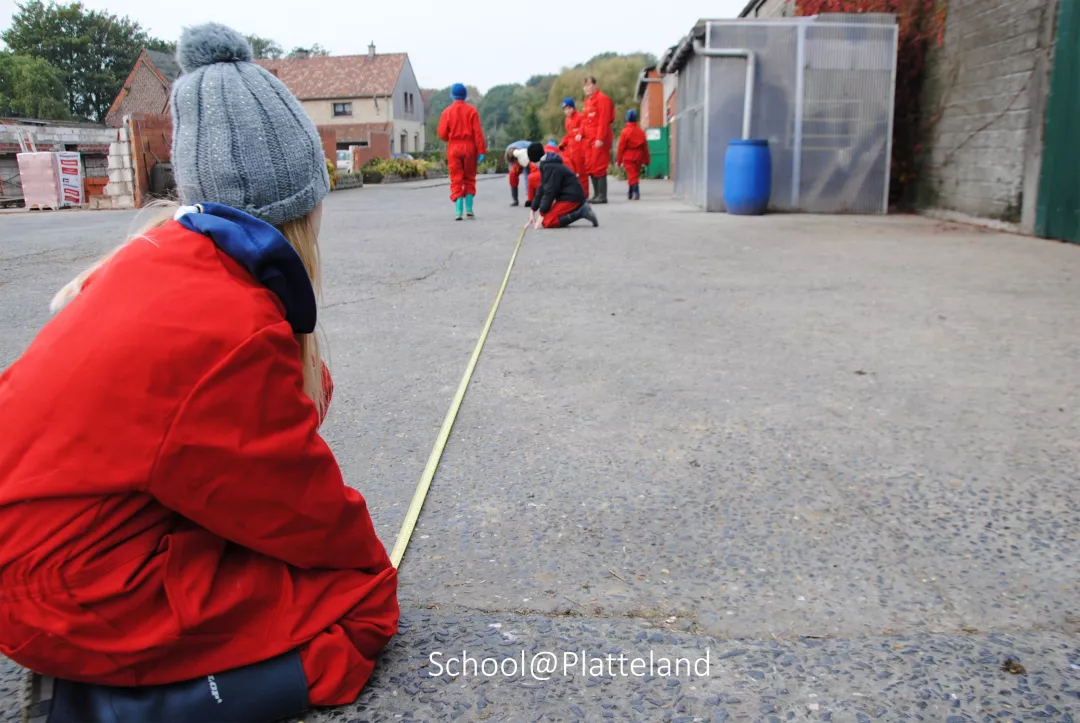General information
RDP Priority
- P2. Competitiveness
RDP Focus Area
- 2A: Farm’s performance, restructuring & modernisation
RDP Measure
- M16: Cooperation
Summary
The project aimed to improve young people’s understanding of food production and farming. It brought together schools and farms and developed educational material that can be adapted to the specificities of each farm and to the particular needs and interests of the pupils, the teacher and the farmer. Schools pay a small fee to the farmer for a half day field trip where pupils join in the farm activities and receive lessons with a strong maths or science content that are linked to the farm or farm activities.
Results
Participant farmers receive an annual income of circa EUR 1 500 to EUR 3 000. Schools pay EUR 150 for a half day of teaching on the farm.
Nearly 9 000 farmers were informed about this project. The concept of the project has been integrated in the Horizon 2020 project Ruralities, as a Co-Lab.

Promoter
Inagro vzw
Funding
Total budget - 203 495.78 (EUR)
EAFRD - 66 136.12 (EUR)
National/Regional - 66 136.14 (EUR)
Private - 71 223.52 (EUR)
Ressources
Documents
School@Platteland
(PDF – 2.32 Mo)
Context
In the past, young people were more connected with agriculture and farmers with many living close enough to farmland to be able to know farmers personally. Nowadays it is important for farmers and horticulturalists to put effort and creativity into the task of connecting the sector with society in a positive way and encouraging young people to consider a job in it.
At the same time, outdoor education is a new training tool that has a positive impact on pupils’ social-emotional development and helps them improve their well-being and concentration. Despite the fact that many teachers are convinced of its benefits, they find it difficult to take the first steps towards outdoor education without support and guidance.
Objectives
The aim of the School@Platteland project was to use outdoors agricultural education in order to reach a wide audience and improve their understanding of food production and farming.
Activities
The project was a collaboration between the Vives University for teacher training and the ‘Inagro’ agrifood network which focuses on research and advice in agriculture and horticulture. Vives contributed its knowledge of outdoor education and how to involve teachers, while Inagro provided the knowledge about farm education and a network of farmers.
The project brought schools into contact with farmers with the aim of establishing long-term cooperation between them through educational programmes.
Lesson plans were developed that contain a strong maths or science component linked to the farm or farm activities. These lessons are available to farmers and teachers who choose the most appropriate content for their particular needs (i.e. the content suited to the specifics of the host farm and the interests of the pupils). Schools pay a small fee to the farmer for a half day field trip where pupils join in farm activities and participate in the lessons.
The project also informed the parents of pupils about the objectives of the outdoor education offer and provided financial support and equipment, such as measuring instruments.
A project website was developed and provides practical advice for interested schools and farmers with more than 100 lesson plans that can be used on a farm.
The project organised seven networking events, which brought together all the participant farmers and schools to learn about each other; exchange ideas; and share their experiences in outdoor education and STEM (Science- Technology – Engineering – Mathematics); as well as on how to involve and inform parents; how to deal with difficulties; and how to test pupils’ knowledge acquisition following an educational farm visit.
Main results
22 schools, 18 farms and 1 102 pupils (54 classes) and their parents participated in the project. 16 of these farms continue the cooperate with their counterpart schools and implement project activities.
Participant farmers receive an annual income of circa EUR 1 500 to EUR 3 000. Schools pay EUR 150 for a half day of teaching on the farm.
Nearly 9 000 farmers were informed about this project. The concept of the project has been integrated in the Horizon 2020 project Ruralities, as a Co-Lab.
Key lessons
Outdoor education is an innovative way to connect citizens with food production. Learning about and experiencing farming helps young -and indeed all- people to connect with and overcome possible prejudices about farmers and agriculture.
